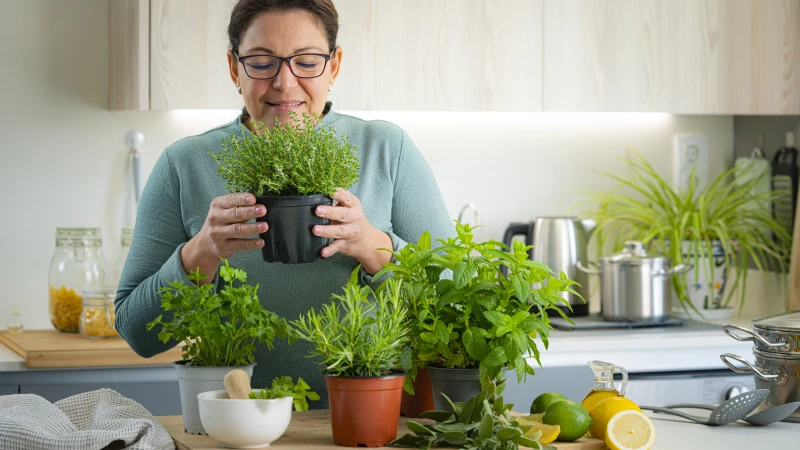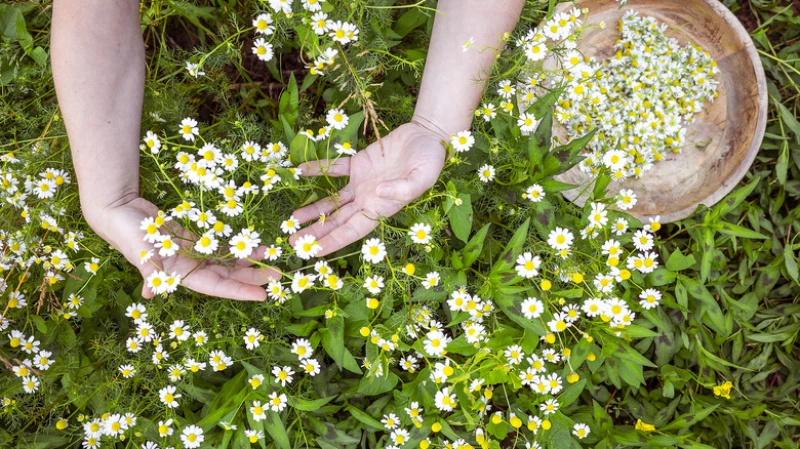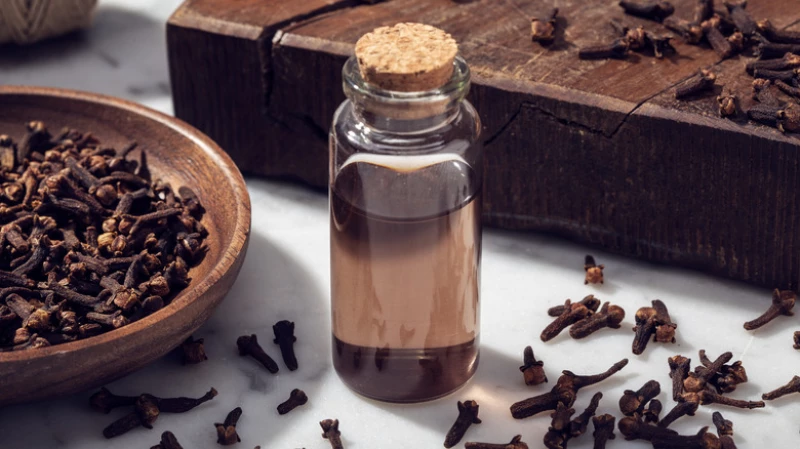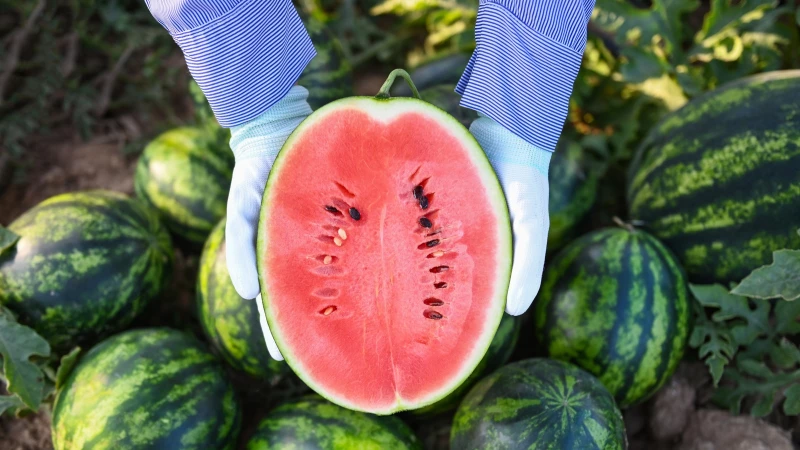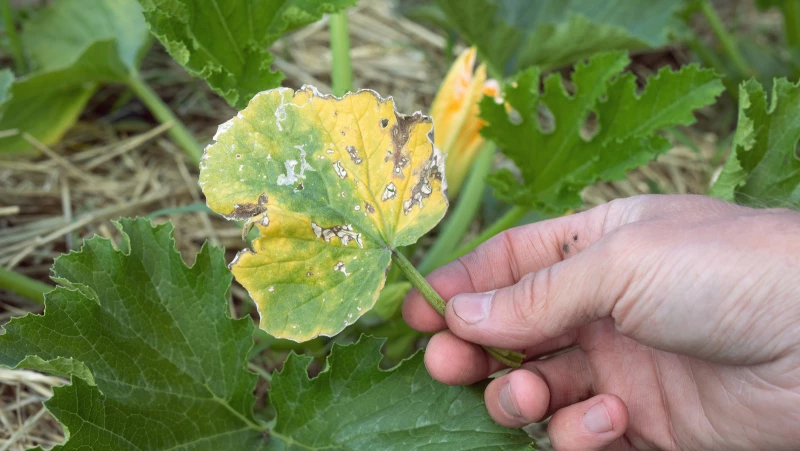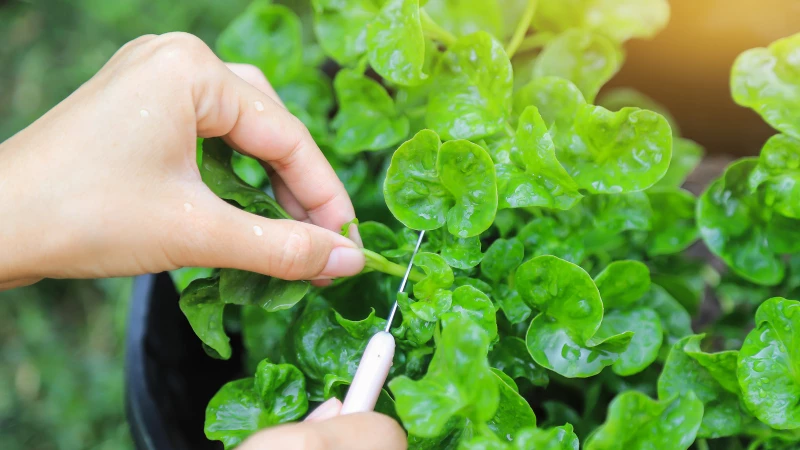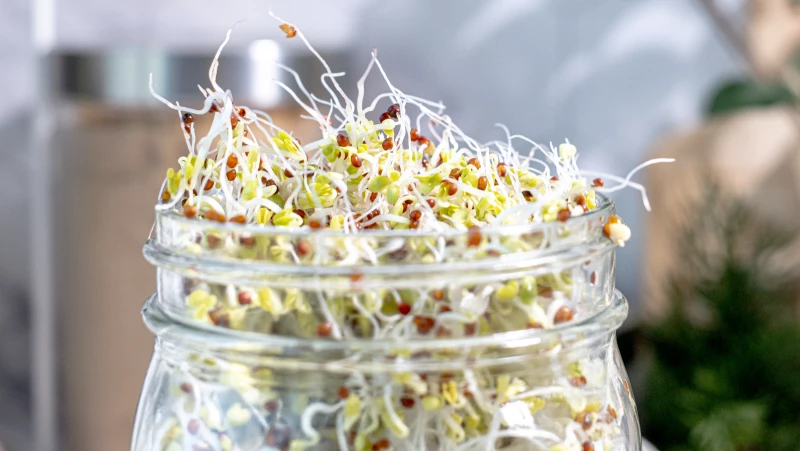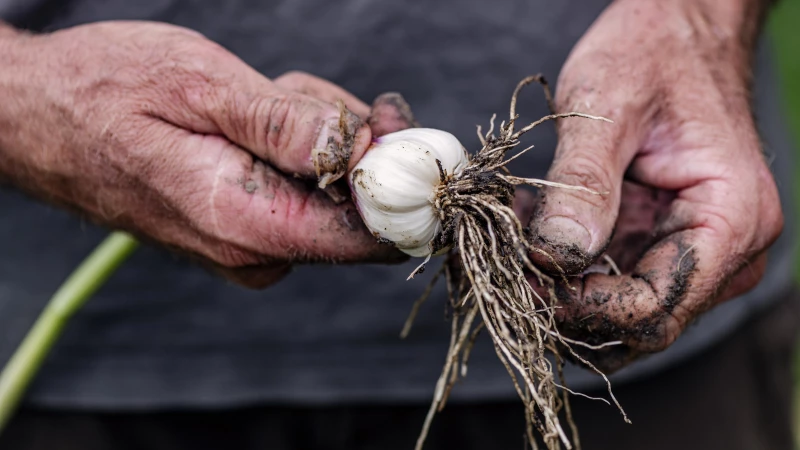Using Herbs for a Cleaner Home
Having a fragrant herb garden in your backyard not only adds beauty but also offers the promise of savory flavors for your cooking. However, did you know that fresh garden herbs can also help keep your house clean? These herbs contain natural oils and aromas that can act as deodorizers and disinfectants, combating bacteria, fungal infections, and viruses. Basil, ginger, and many other herbs can be used as natural cleansing agents around your home.
Herbs, different from spices, are typically the leaves and non-woody stems of aromatic edible plants. Whether fresh or dried, herbs can be utilized for cleaning purposes. Spices, on the other hand, are derived from the bark, seeds, or roots of plants and serve a different set of purposes. Here are 15 common herbs that you can incorporate into your cleaning routine:
Basil
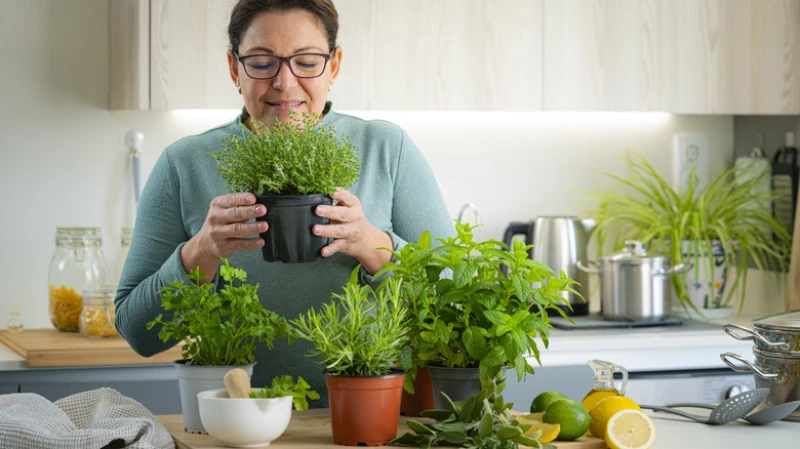
Basil is not only a popular herb in cooking but can also be used for cleaning purposes. Its natural oils have disinfectant properties, making it effective against various household germs. Consider incorporating basil into your cleaning routine for a fresh and clean home.
Chamomile is not just for tea, but a versatile herb that can be used in various ways. Besides its soothing properties, chamomile is a natural pesticide and a great companion plant in your garden. It can also help remove limescale from faucets, plumbing, and tile. By adding a sachet of chamomile to distilled water and a bit of citric acid, you can create a chemical-free cleaner with a fresh scent for your bathrooms and kitchens.
Eco-Friendly Cleaning with Essential Oils
Cloves are most commonly known as a spice, but clove oil is actually extracted from the plant's leaves – the herb — from which traditional clove spices come. This essential oil carries antimicrobial, antifungal, and insecticidal properties. Make a convenient spray solution by mixing ½ teaspoon of clove oil into 4 cups of water, and the clove oil becomes a great defense against mold and mildew growing in your grout. Cut the oil in the spray to one or two drops for an insect repellant and plant spray you can use inside and out.
Common mint, or spearmint
Multiple varieties of mint exist, but when not otherwise specified, gardening publications are likely referring to spearmint (Mentha spicata). Already known for its bright, crisp scent, mint makes a great tub and tile cleaner when mixed with baking soda and vinegar, or an all-purpose cleaning spray combined with water, vinegar, and lemon juice. You can also sprinkle it around the house before vacuuming (in dried or oil form) to freshen up your smelly carpets. However, mint can be an overpowering scent, so use it sparingly, even if it's a household favorite.
Eucalyptus
Eucalyptus is a versatile essential oil that can be used for cleaning purposes. With its refreshing scent and antibacterial properties, eucalyptus oil is great for creating a natural all-purpose cleaner. Simply mix a few drops of eucalyptus oil with water and vinegar for an effective cleaning solution. Additionally, eucalyptus oil can help repel insects and freshen up your living spaces. It's a must-have for eco-conscious cleaning enthusiasts!
Oregano is not just for cooking, it can also be a powerful tool in your cleaning arsenal. Oregano essential oil is known for its antibacterial, antiviral, and antifungal properties, making it a great natural cleaner. You can create your own oregano oil by steeping fresh oregano leaves in a carrier oil for a few weeks. This oil can then be used to clean and disinfect various surfaces in your home. Oregano is particularly effective against mold and mildew, so it's perfect for use in damp areas like bathrooms and basements. Plus, its strong scent can help mask unpleasant odors, leaving your home smelling fresh and clean.
There are numerous benefits to growing marjoram in your garden, one of which is its natural disinfectant properties. Marjoram oil, extracted from the leaves, can be diluted with distilled water and vinegar to create an antibacterial spray for cleaning nonporous surfaces. Additionally, adding marjoram essential oil to an air diffuser can purify the air in your home and leave a refreshing minty, woodsy scent. Keeping your home smelling clean can contribute to a sense of cleanliness and freshness.
Thyme (Thymus vulgaris) is not just a delicious herb for cooking; it also has natural insect-repelling properties. Similar to peppermint, thyme can help keep ants, fleas, and other bugs away due to its strong scent that they dislike. You can create a bug spray by diluting a few drops of thyme oil with water, which is perfect for use in entryways, basements, and pet beds. Additionally, a mixture of thyme oil with water, alcohol, and vinegar can serve as an effective streak-free glass and window cleaner. Sprinkling some crushed, dried thyme leaves on your carpet before vacuuming can leave a fresh scent lingering in your home.
Thyme is not just a herb for cooking, it also serves as a natural fungicide, making it a valuable asset in your cleaning arsenal for the moist areas of your house like the bathroom, kitchen, and laundry room. To create a potent all-purpose cleaner for these spaces, simply crush some thyme and combine it with vinegar in a Mason jar. Let the mixture sit for a full day, adding more vinegar as needed, before straining it into a spray bottle. You can opt to dilute it with water, but it's not necessary. This thyme-infused cleaner can be used on tubs, sinks, floors, and even to disinfect cutting boards.

